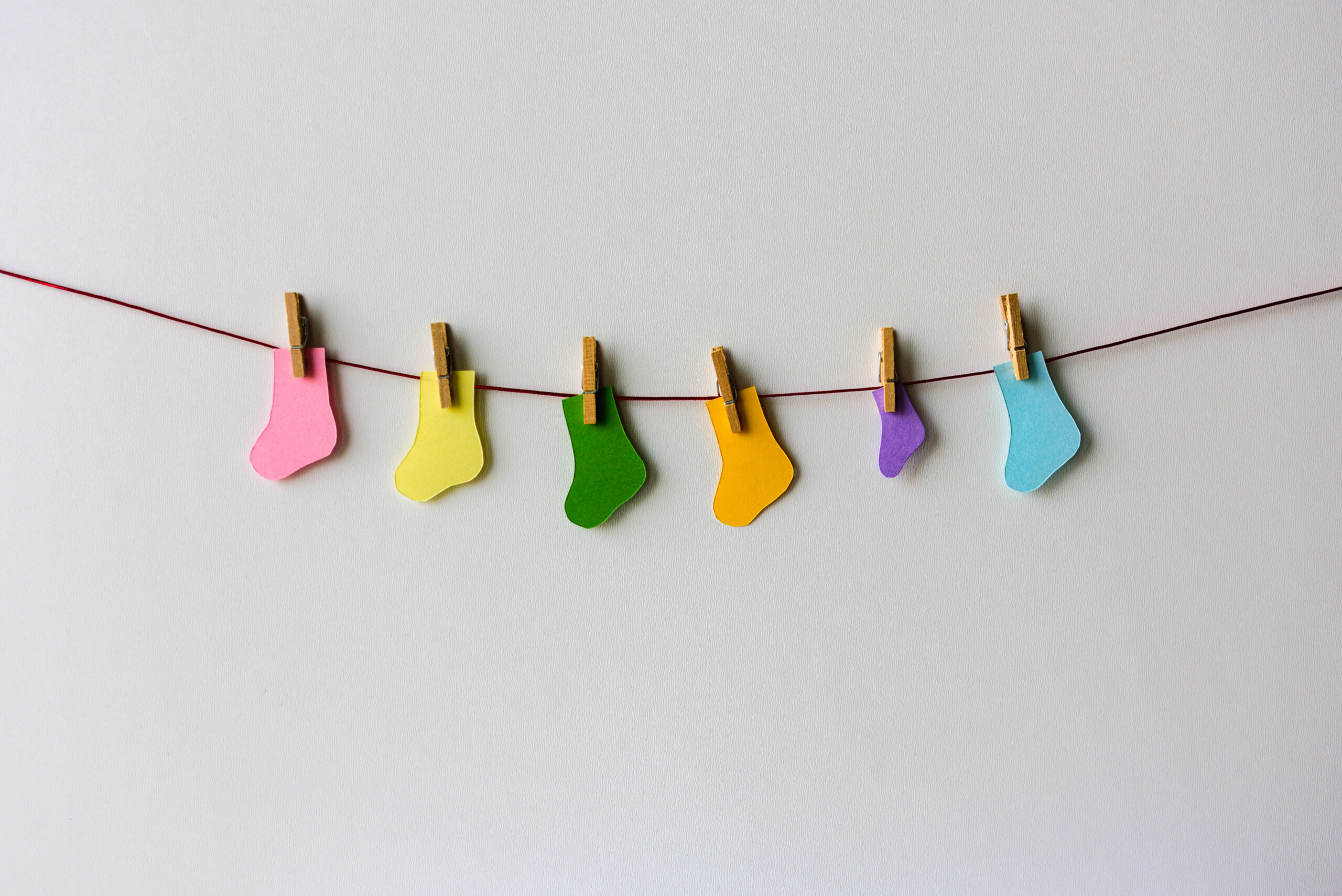
New Zealand leads the way on many issues. While the country already requires paid maternity leave, now it has introduced something truly revolutionary: paid leave in the event of a miscarriage or stillbirth. The leave applies to not only the person who suffered the miscarriage or stillbirth but their partner, too.
On Wednesday, the New Zealand Parliament unanimously approved the legislation. It will give couples who have suffered a miscarriage or stillbirth three days of paid leave.
Some countries, including New Zealand, already require employers to provide paid leave when a fetus is lost after 20 weeks or more, which is classified as a stillbirth. The new legislation is basically an expansion of that law, which now offers the leave to anyone who loses a pregnancy at any point.

Ginny Andersen is the Labour member of Parliament who drafted the bill. She said, “I felt that it would give women the confidence to be able to request that leave if it was required, as opposed to just being stoic and getting on with life, when they knew that they needed time, physically or psychologically, to get over the grief." It's definitely something that is so needed.

While the new legislation is somewhat revolutionary, it shouldn't be. Women who experience a miscarriage not only go through physical pain during and after the loss but can also experience emotional difficulties or even trauma as a result. According to WebMD, about 1 in 6 women experience post-traumatic stress disorder after a miscarriage.

Ginny Andersen said that she does not believe there is any other law that mandates paid leave after a miscarriage elsewhere. “We may well be the first country,” she said. “But all the countries that New Zealand is usually compared to legislate for the 20-week mark.”

Women in many countries have long been struggling for more paid leave after birth. Hopefully this new legislation will make way for even more policies that cater to child-bearing people. Women need time to care for themselves not only after the birth of a live baby but after a stillbirth or miscarriage, too.
That's especially true because, while they typically aren't talked about and are sometimes kept quiet, miscarriages are extremely common. About 20% of all known pregnancies in the United States end in miscarriage. Those are huge numbers, and it's time our laws reflect the needs this health issue creates.
Currently, some countries offer leave in the case of a miscarriage, but paid leave is something new. Vicki Culling is an educator about baby loss who has pushed for better support for bereaved parents in New Zealand. She wants to see the trend continue.
“You get three days’ paid leave, maybe you bury your baby or you have a service, and then you go back to work, and you carry on — and then what? That’s my concern,” she said.
“I’m celebrating it, but I want to see us keeping this compassion going, and looking further into the needs of these parents.”
Many people are applauding the move not only because it will help families in the aftermath of a miscarriage but because it will also help to break the stigma surrounding the issue. If women feel they can use a small amount of time off, without a penalty, they are bound to feel less shame around pregnancy loss. That alone is a welcome change that, hopefully, we can start seeing in other places around the world.




